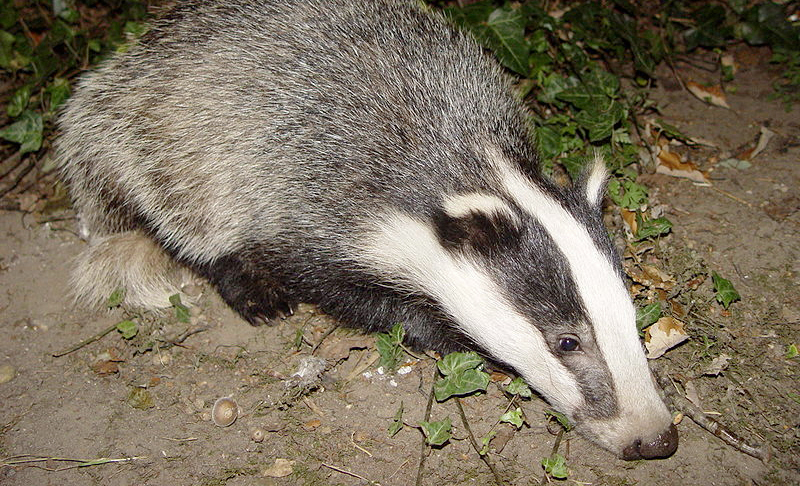
A cattle vaccine to help control bovine TB in the future 'remains many years away' according to farming groups.
Unions such as the NFU have admitted a vaccine should be part of a package of measures to help control the disease but said that measure alone would not be enough to combat it.
The statement comes after news reports on a breakthrough in cattle vaccine for TB which has been developed by Animal Health and Veterinary Laboratories Agency.
The breakthrough talked about is the diva test, which will be able to help differentiate between a vaccinated cow and a cow that has TB. This is one of the main stumbling blocks to a cattle vaccination programme.
The diva test report has been with the Veterinary Medicines Directorate since January and is still being evaluated.
"What concerns me most is that after today there could be more confusion about what is already a highly complex situation" said Peter Kendall, NFU President.
"We need a package of measures to tackle TB and yes, cattle vaccine must be one of them. But as Defra’s chief vet Nigel Gibbens said cattle vaccine, and the tests and regulations needed to put it in place across Europe, ‘may take years’. In the meantime, the spread of TB is doubling every nine years."
He said TB is one of the main problems facing the beef and dairy industries.
"No one measure alone is going to combat TB".
Evidence from the UK Randomised Badger Culling Trial (RBCT) said culling could spread the risk of the disease as badgers would roam further afield than normally expected and endanger other herds.
Most of England is TB free and there are no plans to carry out culls of badgers in areas where there is no TB.
The Government’s TB eradication programme also includes vaccination which is being used as part of the package of measures to control the spread of TB.
Critics argue that a 16% decrease in the rate of infections gives a small benefit and is not worth the cost to execute the plan.
Instead, they argue a system of better fencing and segregation of TB infected cattle. Badgers would be less likely to come into contact with cattle and a vaccination programme would then be more effective. This is the approach taken by the Welsh and Northern Irish Assemblies.
"Vaccination alone will not be enough" Kendall said.
"No other country in the world has ever got on top of TB without also tackling the disease in its wildlife carrier and breaking the cycle of reinfection."
“This TB eradication package also includes strict biosecurity on farms, tight cattle movement controls, a tough cattle TB testing regime and a cull policy that sees all cattle that test positive for TB being slaughtered. This meant losing more than 34,000 cattle across Great Britain last year alone to this disease.
“We must also remember that studies so far have shown that the cattle vaccine itself is not 100 per cent effective so on its own can only be part of the solution to tackling TB. In the meantime do we stand by idly while the disease gets worse, with more cattle being slaughtered and the disease spreading even further in our wildlife?"
“I will say again that no-one, not the NFU, nor the farmers involved, wants to kill badgers. But TB must be stopped from making its relentless march across our countryside. Only by using all of the available tools in the box will we begin to get on top of this terrible disease.”
